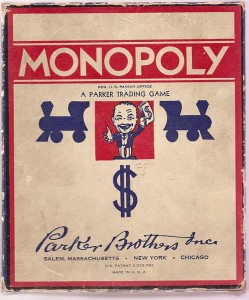As we enter the season of gift giving, it’s time to watch budgets even closer. Explore these sites recommended by ThePennyHoarder.com, The Dumbest Things We Keep Spending Too Much Money On, to save on your monthly bills and other needed household items such as:
Car Insurance
Amazon
Credit Card Interest
High Speed Internet
Movies and More
Leave yourself more money for the fun things in life during the holidays.









